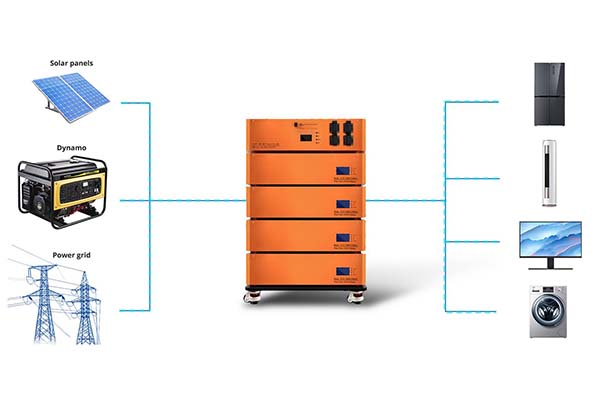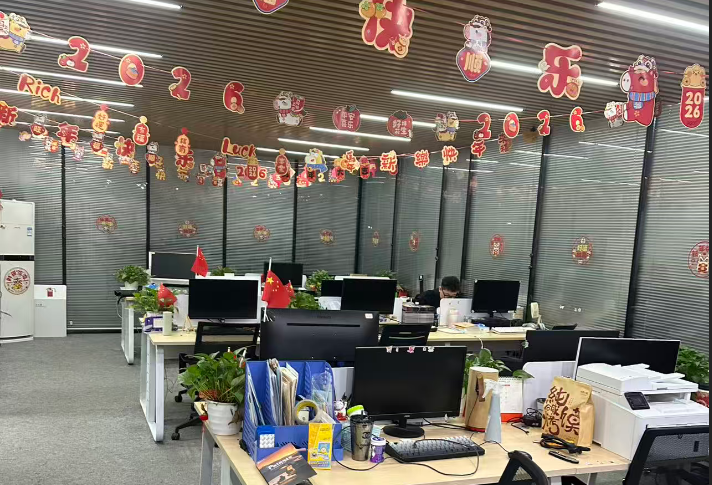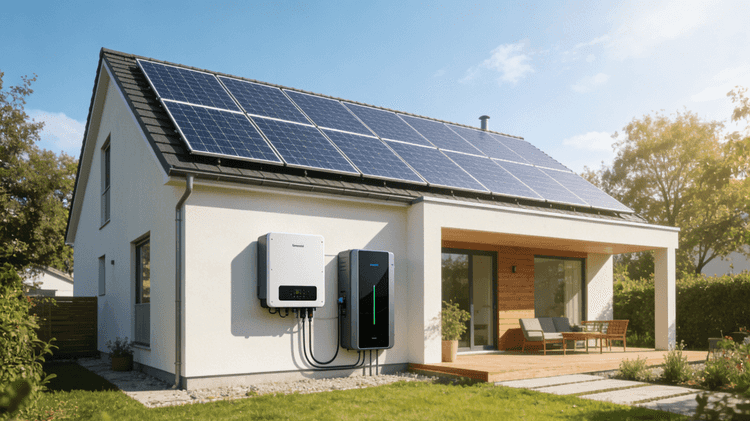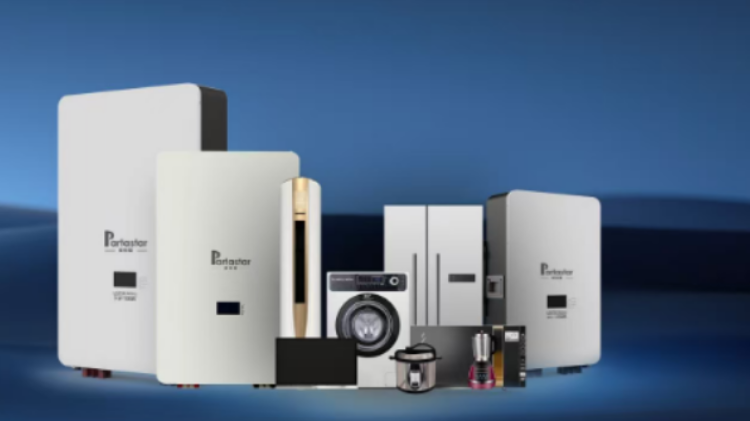What is the Best Home Power Backup? Exploring the Advantages of Home Energy Storage System
In today's technology-driven world, uninterrupted power supply is crucial for households. Power outages can disrupt daily routines, damage electrical appliances, and cause inconvenience. To mitigate these issues, home energy storage systems have emerged as an efficient and reliable solution. In this article, we will explore the advantages of Home Energy Storage System and discuss the best options for backup power in residential settings.
1. The Rise of Home Energy Storage System:
Home energy storage systems have gained significant popularity in recent years due to advancements in battery technology and the increasing affordability of renewable energy sources such as solar power. These systems allow homeowners to store excess electricity generated by renewable sources during periods of low demand and use it during peak hours or in the event of a power outage.
2. Key Advantages of Home Energy Storage System:
2.1. Uninterrupted Power Supply:
Home energy storage systems provide seamless power backup during grid outages. By storing excess electricity, these systems can ensure continuous power supply to critical appliances, such as refrigerators, medical equipment, and lighting, keeping households functional and safe.
2.2. Cost Savings:
Home Energy Storage System allows homeowners to take advantage of time-of-use electricity pricing. They can store electricity when rates are low and use it during peak hours when rates are typically higher. This helps reduce electricity bills and maximize the utilization of renewable energy sources.
2.3. Energy Independence:
By integrating Home Energy Storage System with renewable energy systems, such as solar panels, homeowners can reduce their reliance on the grid and achieve a higher level of energy independence. This not only reduces carbon emissions but also provides a sense of security in times of grid failure or natural disasters.
2.4. Grid Support:
Home energy storage systems can also provide support to the grid by acting as virtual power plants. During periods of high electricity demand, these systems can discharge stored energy back into the grid, reducing strain and ensuring a stable and reliable supply of electricity for the entire community.

3. Best Home Power Backup Options:
3.1. Lithium-Ion Batteries:
Lithium-ion batteries are the most commonly used technology in home energy storage systems. They offer high energy density, longer lifespan, and faster charging capabilities compared to other battery chemistries. Companies like Tesla, LG Chem, and Sonnen provide popular lithium-ion battery solutions for residential use.
3.2. Lead-Acid Batteries:
Lead-acid batteries have been used for decades and are relatively affordable. While they have a lower upfront cost, they are bulkier, have shorter lifespans, and require more maintenance compared to lithium-ion batteries. However, they can still be a suitable option for homeowners on a tight budget.
3.3. Flow Batteries:
Flow batteries, such as vanadium redox flow batteries, are another option for Home Energy Storage System. They offer long cycle life, deep discharge capabilities, and excellent scalability. However, they are currently less common in residential applications due to their higher upfront costs.
3.4. Hybrid Systems:
Hybrid systems combine multiple battery chemistries or technologies to optimize performance and cost-effectiveness. For instance, a hybrid system may integrate lithium-ion batteries for short-term power needs and lead-acid batteries for long-term energy storage. These systems provide a balance between performance, cost, and reliability.
Conclusion:
When it comes to the best home power backup solution, home energy storage systems offer numerous advantages, including uninterrupted power supply, cost savings, energy independence, and grid support. Lithium-ion batteries are currently the most popular choice due to their high energy density and longer lifespan. However, homeowners should carefully consider their energy needs, budget, and available renewable energy sources before selecting the optimal system for their home. With advancements in technology and decreasing costs, Home Energy Storage System is set to revolutionize the way households manage their power supply, providing a more sustainable and resilient future.



